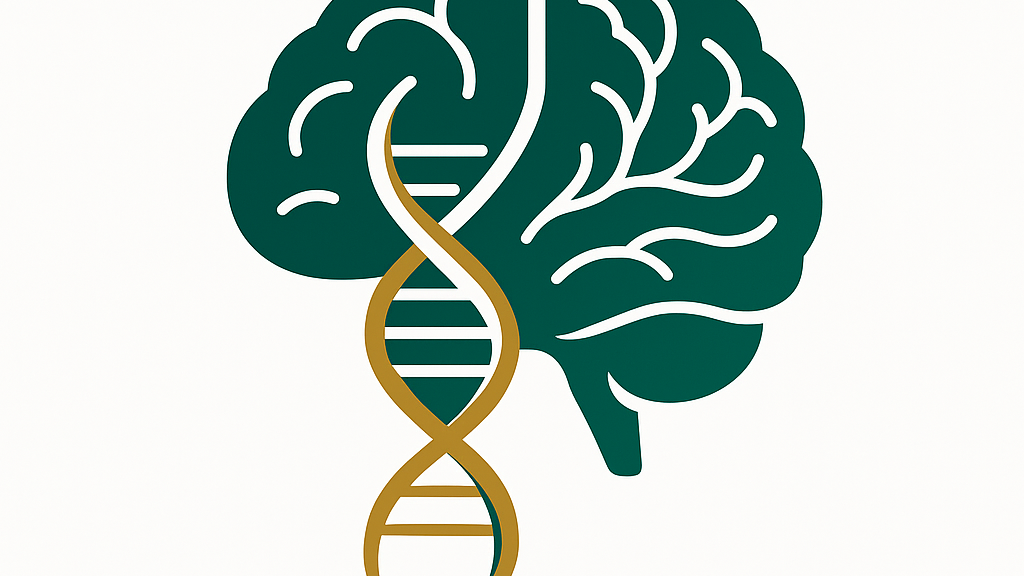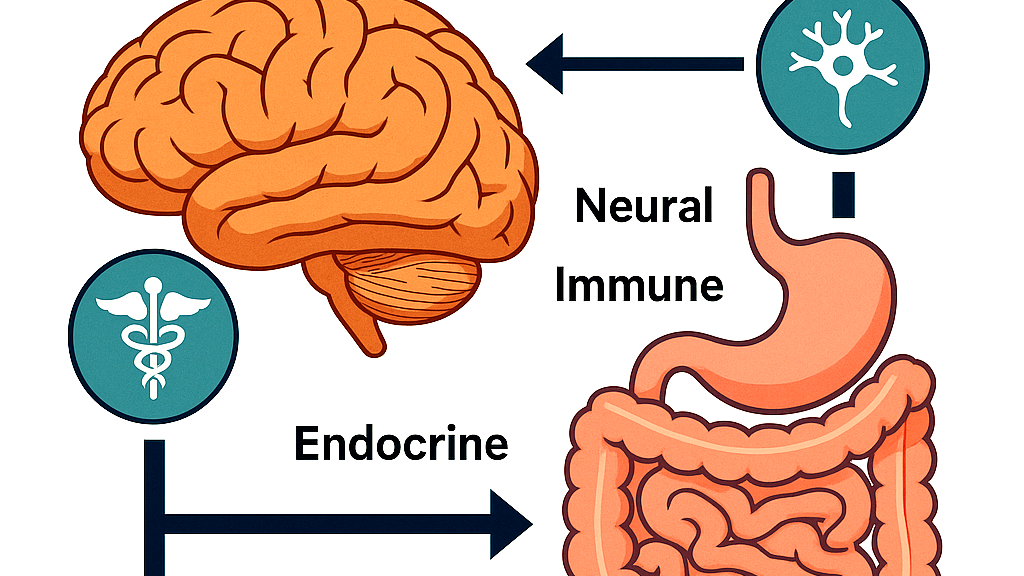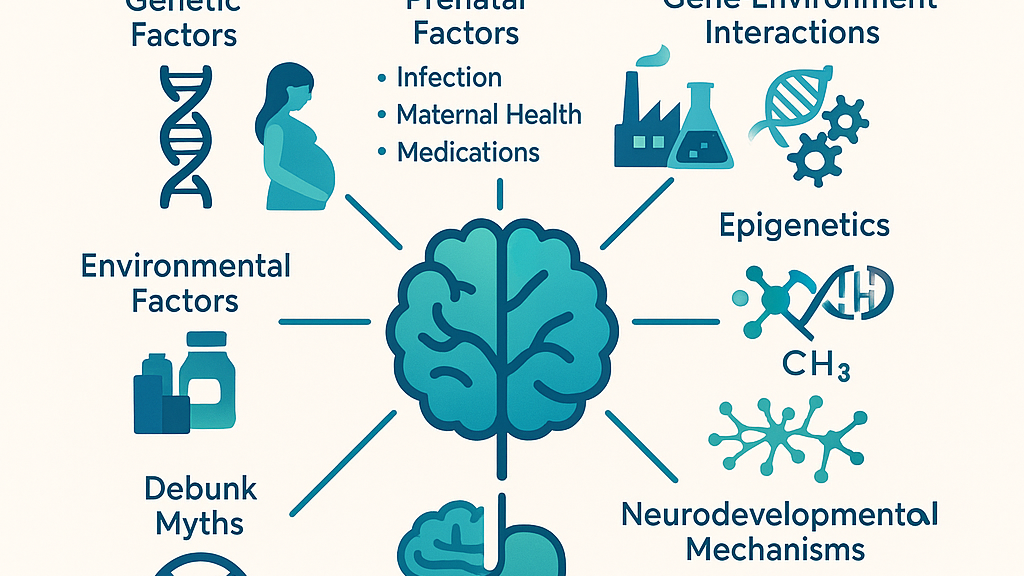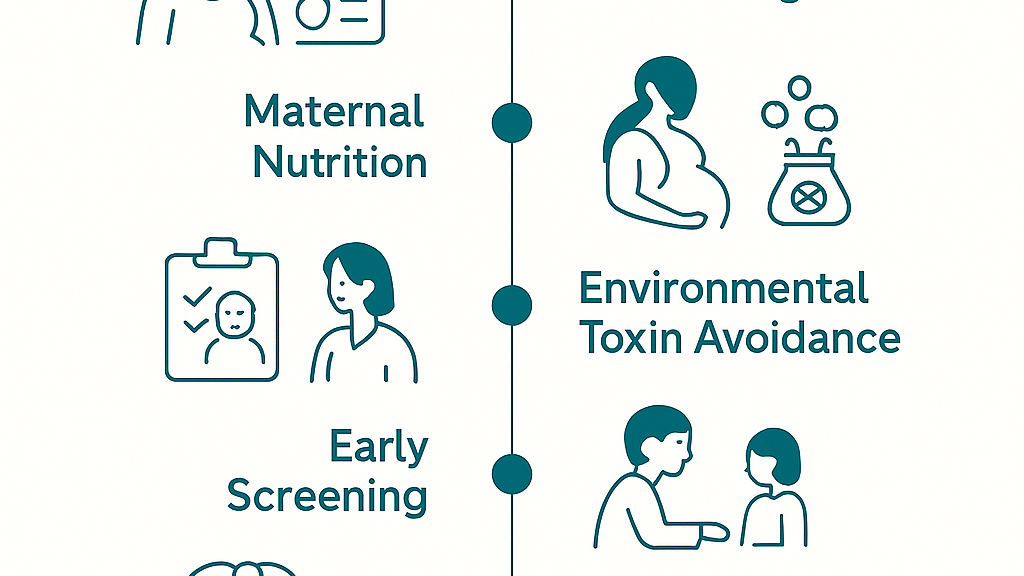Genetic Testing in Neurology & Psychiatry: Why It Matters

1. Introduction Genetic testing has emerged as an increasingly important tool in both neurology and psychiatry. Advances in sequencing technologies, bioinformatics, and understanding of genetic contributions to brain disorders have expanded opportunities to use genetic information for diagnosis, prognostication, treatment selection, and research. However, the clinical utility differs between many neurologic conditions—where monogenic or highly […]
Gut–Brain Axis – Clinical Relevance in Psychiatry & Neurology

1. Introduction The gut–brain axis refers to the complex, bidirectional communication network connecting the gastrointestinal (GI) tract and the central nervous system (CNS). This communication involves neural (e.g., Vagus nerve), immune, endocrine (hormonal), and microbial pathways, whereby the brain can influence gut functions (motility, secretion, barrier integrity), and conversely the gut (including its microbiota) can […]
Unraveling the Multifactorial Causes of Autism Spectrum Disorder – Dr. Naveed, Ph.D. Lord (University of Oxford)

Autism Spectrum Disorder (ASD) is a complex neurodevelopmental condition characterized by persistent deficits in social communication and interaction, alongside restricted, repetitive patterns of behavior, interests, or activities. There is no single known cause of ASD; instead, it arises from a multifactorial interplay of genetic, environmental, and developmental factors. Both genetics and environment contribute significantly, often […]
Evidence-Based Approaches to Mitigate Autism Spectrum Disorder Risk and Enhance Outcomes – Strategies from Prenatal Prevention to Early Intervention

Below is a comprehensive, evidence-based overview of potential strategies to address and mitigate factors implicated in Autism Spectrum Disorder (ASD). It is important to emphasize that ASD is multifactorial and there is no guaranteed “cure” or singular prevention; rather, these approaches aim at risk reduction where possible, early identification, mitigation of severity, and targeted support. […]
Mood Disorders

Mood disorders are a category of mental health conditions characterized by significant disturbances in a person’s emotional state. These disorders can affect how you feel, think, and handle daily activities. The most common types of mood disorders include: 1. Major Depressive Disorder (MDD) Symptoms: Persistent sadness, loss of interest in activities, changes in appetite or […]

